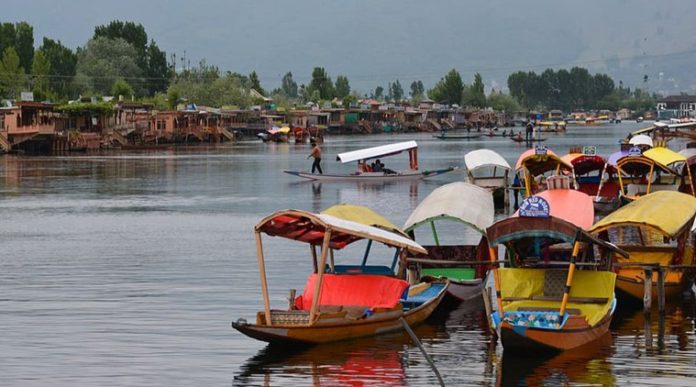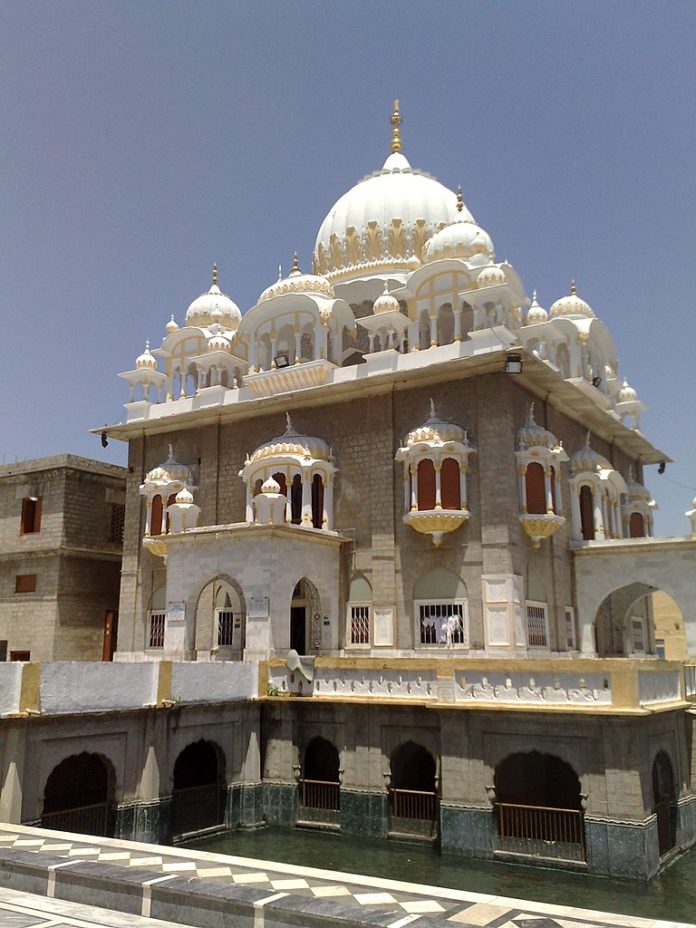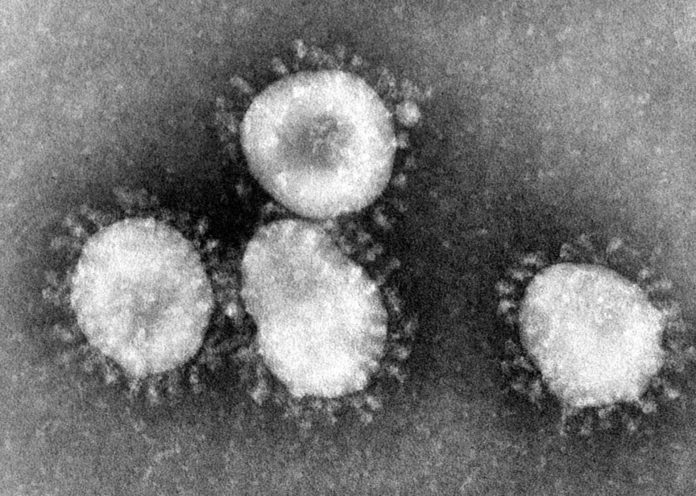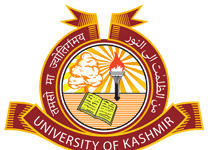New Delhi (NVI): A tool can now help identify activists at a protest or an attractive stranger walking down the lane, revealing not just their names but where they live, what they do and whom they know.
Hoan Ton-That, a 31-year-old Australian techie, did something momentous. He invented a tool that could end your ability to walk down the street anonymously, and provided it to hundreds of law enforcement agencies, ranging from local cops in Florida to the FBI and the Department of Homeland Security, the New York Times reported.
Ton-That’s most hit apps include an obscure iPhone game and an app that let people put Donald Trump’s distinct yellow hair on their photos.
His tiny company, Clearview AI, has devised a groundbreaking facial recognition app. You take a picture of a person, upload it and get to see public photos of that person, along with links to where those photos appeared.
The system — whose backbone is a database of more than three billion images that Clearview claims to have scraped from Facebook, YouTube, Venmo and millions of other websites — goes far beyond anything ever constructed by the United States government or Silicon Valley giants.
But without public scrutiny, more than 600 law enforcement agencies have started using Clearview in the past year, according to the company, which declined to provide a list. The computer code underlying its app, analyzed by The New York Times, includes programming language to pair it with augmented-reality glasses; users would potentially be able to identify every person they saw.
Federal and state law enforcement officers said that while they had only limited knowledge of how Clearview works and who is behind it, they had used its app to help solve shoplifting, identity theft, credit card fraud, murder and child sexual exploitation cases.
Until now, technology that readily identifies everyone based on his or her face has been taboo because of its radical erosion of privacy. Tech companies capable of releasing such a tool have refrained from doing so; in 2011, Google’s chairman at the time said it was the one technology the company had held back because it could be used “in a very bad way.” Some large cities, including San Francisco, have barred police from using facial recognition technology.
Police departments have had access to facial recognition tools for almost 20 years, but they have historically been limited to searching government-provided images, such as mug shots and driver’s license photos.
In addition to Ton-That, Clearview was founded by Richard Schwartz — who was an aide to Rudolph W. Giuliani when he was mayor of New York — and backed financially by Peter Thiel, a venture capitalist behind Facebook and Palantir.
When Ton-That was interviewed recently, he demonstrated the app on himself. He took a selfie and uploaded it. The app lined up 23 photos of him, the newspaper reported.
He said, “There’s always going to be a community of bad people who will misuse it. Even if Clearview doesn’t make its app publicly available, a copycat company might, now that the taboo is broken.”
When asked about the implications of bringing such a power into the world, Ton-That seemed taken aback. “I have to think about that,” he said. “Our belief is that this is the best use of the technology.”














